-

Bessel van der Kolk – Developmental Trauma Disorder: The Nexus of Attachment, Trauma and Brain
Description
Prior to 1980, hundreds of thousands of veterans returned from Vietnam with symptoms that did not fit into an existing diagnosis. The introduction of the PTSD diagnosis in the DSM III made it possible for their condition to be recognized and treatments to be developed. Today we are in a similar situation. Every year, there are ten times as many children in the US reported to be victims of domestic violence, neglect and abuse than combat soldiers from Iraq and Afghanistan diagnosed with PTSD. However, these children live in a diagnostic void because the current DSM-IV conceptualization of PTSD does not reflect the symptoms experienced by the vast majority of these children. For when trauma occurs within the context of what is supposed to be a safe interpersonal attachment, the trauma picture takes on a profoundly different shape and has profound effects on brain development and the formation of the self. So, instead, abused and neglected children receive such widely disparate diagnoses as bipolar disorder, conduct disorder, ADHD, and other anxiety disorders. All of these diagnoses are etiologically unrelated to trauma and lead to pharmacological and behavioral control at the expense of dealing with the fear, shame, terror and rage that derive from real threats to these children’s survival. The lack of proper diagnosis also has profound implications on insurance reimbursement, treatment development and clinical research. Thus these children are condemned to receive treatments that are likely to be ineffective and therefore put them at risk to grow up to be unproductive, expensive, potentially dangerous, and long-suffering members of our society.
In response to this neglect of our nation’s greatest public health threat, the National Child Traumatic Stress Network’s DSM-V Task Force has proposed a new clinical syndrome, Developmental Trauma Disorder, based on a literature review of about 100,000 chronically traumatized children and direct systematic observations of 20,000 traumatized children. This diagnosis describes the five clusters of symptoms that characterize many children who have suffered repeated trauma in an interpersonal context: (1) affect and impulse dysregulation; (2) disturbances of attention, cognition, and consciousness; (3) distortions in self-perception and systems of meaning; (4) interpersonal difficulties; and (5) somatization and biological dysregulation.
This presentation will review the development of DTD as a diagnosis and give an overview of the field trial for DTD for eventual inclusion in the DSM-V.
Faculty

Bessel van der Kolk, M.D. Related seminars and products: 58
Bessel A. van der Kolk, M.D., is a clinician, researcher and teacher in the area of post-traumatic stress. His work integrates developmental, neurobiological, psychodynamic and interpersonal aspects of the impact of trauma and its treatment.
Dr. van der Kolk and his various collaborators have published extensively on the impact of trauma on development, such as dissociative problems, borderline personality and self-mutilation, cognitive development, memory, and the psychobiology of trauma. He has published over 150 peer reviewed scientific articles on such diverse topics as neuroimaging, self-injury, memory, neurofeedback, Developmental Trauma, yoga, theater, and EMDR.
He is founder of the Trauma Center in Brookline, Massachusetts, and President of the Trauma Research Foundation, which promotes clinical, scientific, and educational projects.
His 2014 #1 New York Times best seller, The Body Keeps the Score: Brain, Mind, and Body in the Treatment of Trauma, transforms our understanding of traumatic stress, revealing how it literally rearranges the brain’s wiring – specifically areas dedicated to pleasure, engagement, control, and trust. He shows how these areas can be reactivated through innovative treatments including neurofeedback, somatically based therapies, EMDR, psychodrama, play, yoga, and other therapies.
Dr. van der Kolk is the past president of the International Society for Traumatic Stress Studies, and professor of psychiatry at Boston University Medical School. He regularly teaches at conferences, universities, and hospitals around the world.
Speaker Disclosures:
Financial: Bessel van der Kolk is a professor of psychiatry at the Boston University School of Medicine. He receives a speaking honorarium from PESI, Inc.
Non-financial: Bessel van der Kolk has no relevant non-financial relationship to disclose.
Instant Access Available
Product Content

Get Instant Access Bessel van der Kolk – Developmental Trauma Disorder: The Nexus of Attachment, Trauma and Brain at Offimc.click Now!
Delivery Information
- Upon ordering the product, a delivery email with download instructions will be sent immediately to you so that you may download your files. If you log in (or create an account) prior to purchase you will also be able to access your downloads from your account dashboard.
- It is a digital download, so please download the order items and save them to your hard drive. In case the link is broken for any reason, please contact us and we will resend the new download link to you.
- If you don't receive the download link, please don’t worry about that. We will update and notify you as soon as possible from 8:00 AM – 8:00 PM (UTC+8).
- Please Contact Us if there are any further questions or concerns you may have. We are always happy to assist!



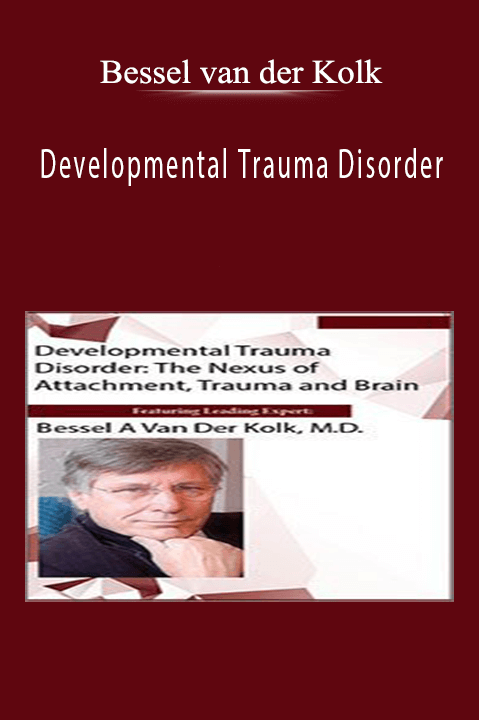



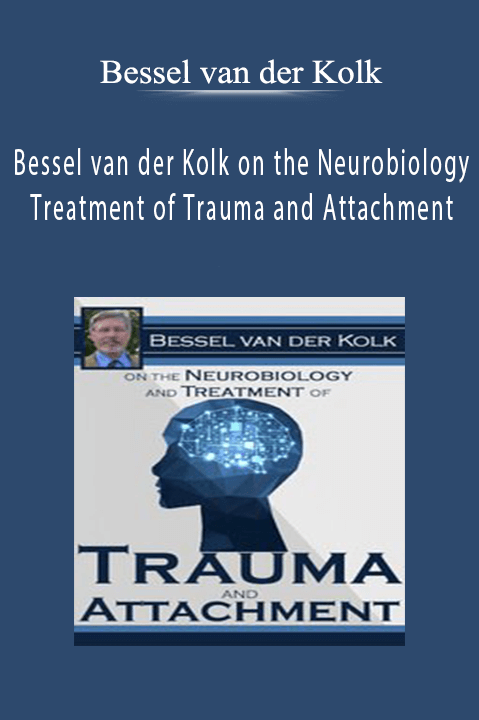
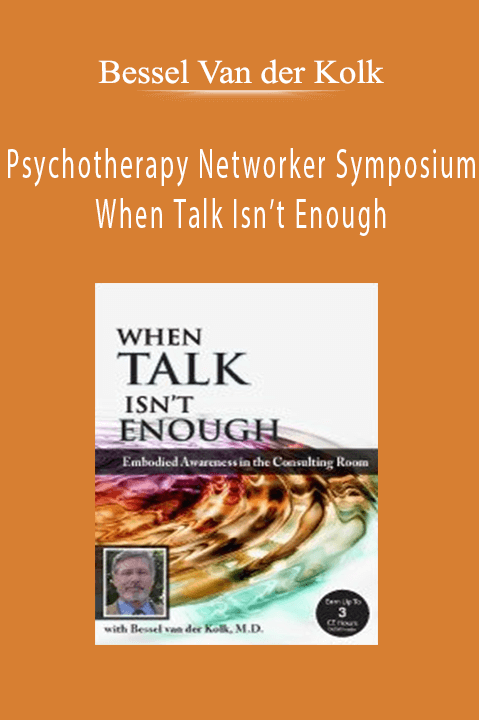
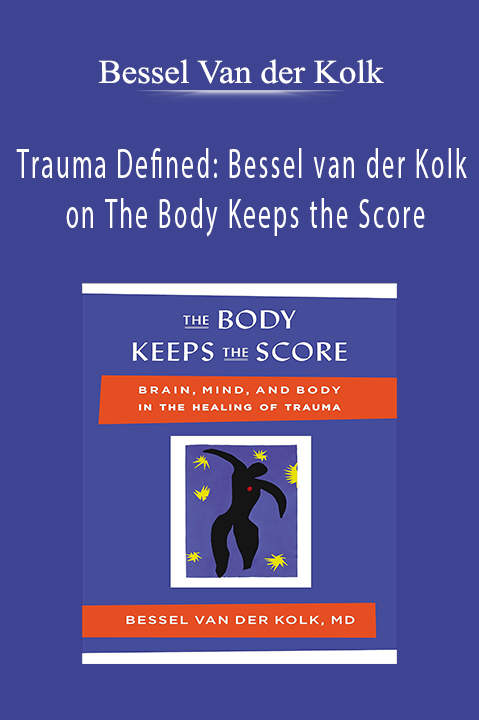
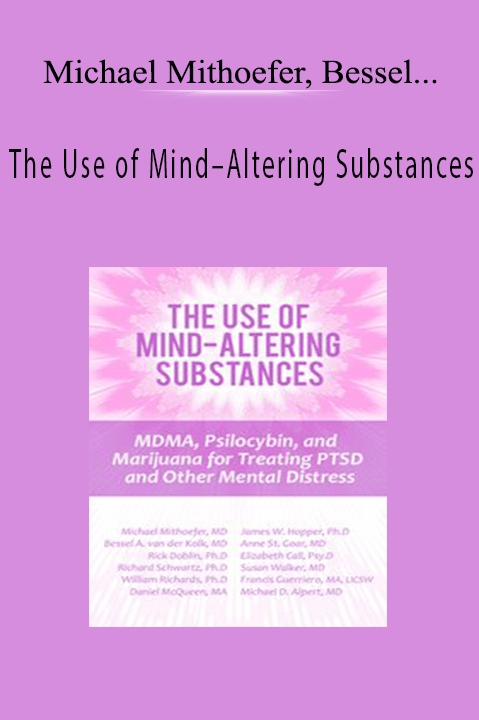
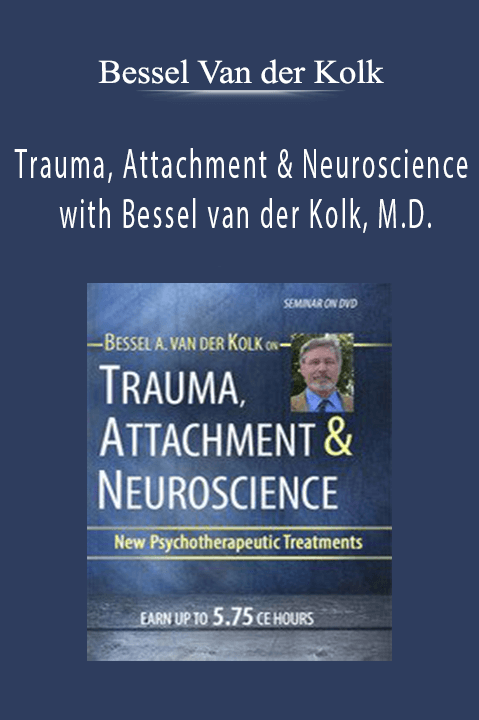
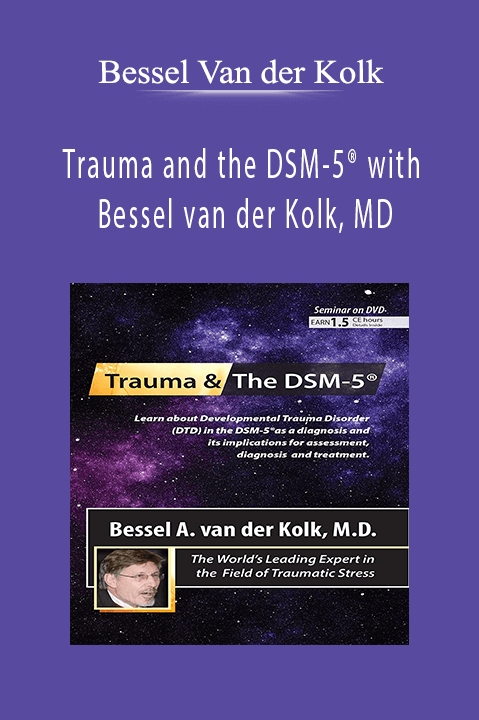
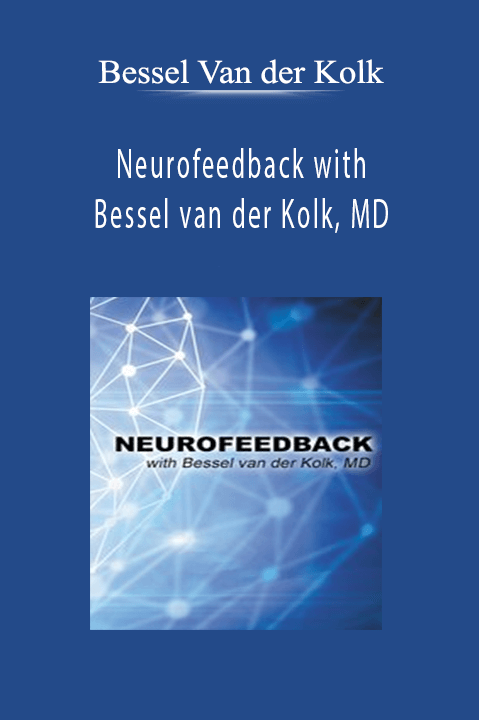

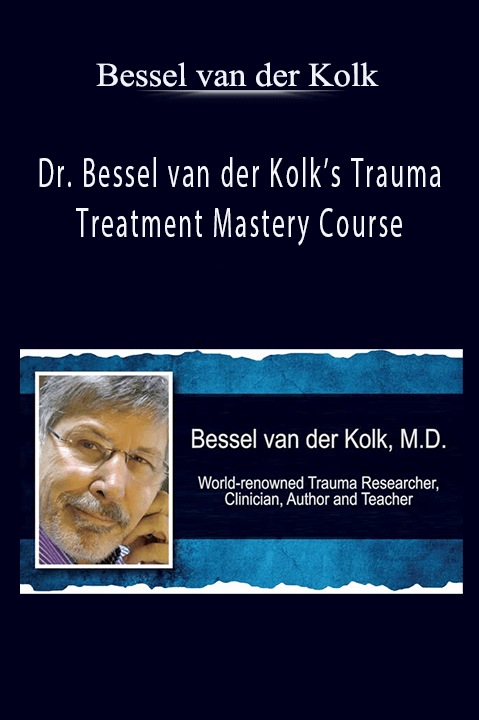
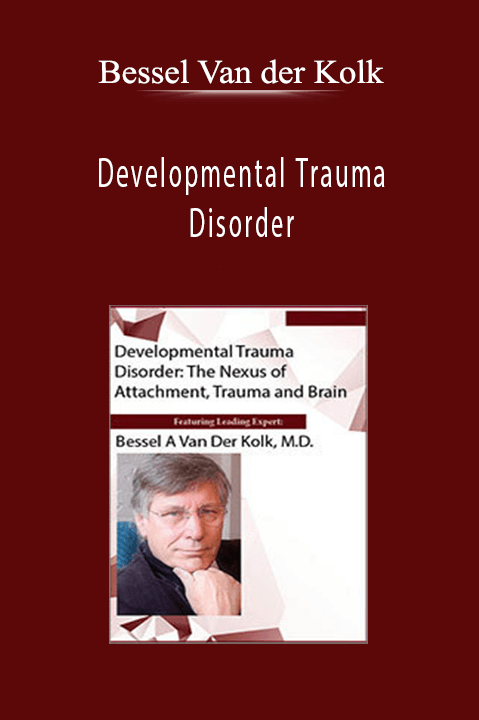
11 reviews for Developmental Trauma Disorder: The Nexus of Attachment, Trauma and Brain – Bessel van der Kolk
There are no reviews yet.